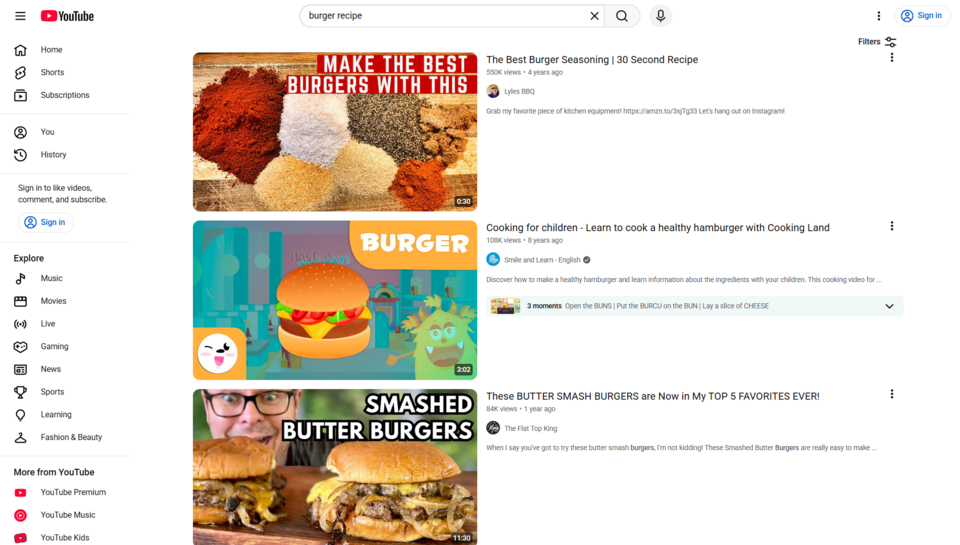
YouTube creators pumped an impressive £2.2bn into the UK economy last year, supporting around 45,000 jobs, according to new research from Oxford Economics.
The findings come as MPs launch a new cross-party parliamentary group dedicated to representing digital creators and influencers—a move many in the industry see as long overdue.
“A real career path”
Fitness YouTuber Lilly Sabri, who has nearly 6.5 million followers, says the report reflects what many creators have known for years: content creation is a legitimate career.
“For a long time people questioned whether being a content creator was a real job,” she told the BBC. “But YouTube gave me the platform to launch two businesses, employ staff, and grow in ways I never imagined when I first started eight years ago.”
Sabri, who trained as a physiotherapist, says she wouldn’t be where she is without YouTube.
Recognition in Westminster
The new parliamentary group doesn’t have formal powers—there are about 500 APPGs like it, covering everything from health to gaming—but it gives creators a direct line to policymakers.
Labour MP Feryal Clark, who co-chairs the group, called creators “trailblazers of a new creative revolution” who have been “undervalued in Westminster for too long.”
The group plans to push for more support around training, funding, studio spaces, and even basics like filming permits, which many say are unnecessarily complicated.
“This forum will break down barriers that stifle talent and make sure Britain leads the world in creativity and innovation,” Ms Clark said.
From Minecraft to mainstream
Some of the biggest names on YouTube are British. DanTDM, the Sidemen, and Stampy (Joseph Garrett) have audiences in the millions.
Stampy, best known for his Minecraft videos, says YouTubers have long been at a disadvantage compared to traditional media when it comes to ad revenue.
“Online creators had to bring in far more viewers than TV to make the same money,” he explained. “But in recent years that gap has started to close.”
“We need proper support”
For others, the next step is government backing. Brandon B (Brandon Baum), whose short-form VFX videos have earned him 16 million YouTube subscribers, 5 million TikTok followers, and 2 million Instagram followers, says the industry has reached a point where recognition in Parliament is vital.
Despite his success, Baum says he has run into frustrating obstacles, such as outdated systems for getting filming permits.
“I want to see changes that allow UK creators to share their work with global audiences more easily,” he said.
Influencers in politics
The move reflects a wider trend of creators stepping into political spaces. Earlier this year, Prime Minister Sir Keir Starmer hosted 90 influencers at 10 Downing Street. In the US, the White House has even begun including creators in press briefings alongside traditional journalists. Photo by Lyles BBQ, Smile and Learn - English, The Flat Top King, Wikimedia commons.








































